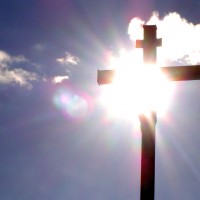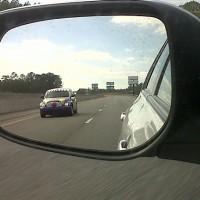Psalm 125:1 A song of ascents. Those who trust in the LORD are like Mount Zion, which cannot be shaken but endures forever. 2 As the mountains surround Jerusalem, so the LORD surrounds his people both now and forevermore. 3 The scepter of the wicked will not remain over the land allotted to the righteous, for then the righteous might use their hands to do evil. 4 Do good, O LORD, to those who are good, to those who are upright in heart. 5 But those who turn to crooked ways the LORD will banish with the evildoers. Peace be upon Israel.
The journey “Up to Jerusalem” has been a long and winding road of discipleship, with many lessons along the way. The climb has been steep and the lessons have been necessary and sometimes difficult to accept. Expect Opposition. Gaze Beyond the Hills. Seek God’s Presence and Know His Peace. Cry out, ‘Have Mercy!’ God’s Way of Escape is a narrow costly one.
If we focus only on the opposition, narrowness, and difficulty, we will miss the beauty of Psalm 125 and Discipleship Lesson #6: Blessings of Security.
 In this sixth Song of Ascents, the psalmist speaks of vindication and eternal security that revives the hearts and souls of weary travelers because this hope is as reliable as God Himself. Looking forward to the temple and the presence of God among His people, the pilgrims enjoy the security of the favor of God upon His people—a security that lasts forever! It cannot be shaken! A Mount Zion kind of trust that is rock solid because God is our Rock!
In this sixth Song of Ascents, the psalmist speaks of vindication and eternal security that revives the hearts and souls of weary travelers because this hope is as reliable as God Himself. Looking forward to the temple and the presence of God among His people, the pilgrims enjoy the security of the favor of God upon His people—a security that lasts forever! It cannot be shaken! A Mount Zion kind of trust that is rock solid because God is our Rock!
As God’s people, we are secure. We are protected. Our journey pauses at a rest area—a place to experience the reviving of our souls, the refreshing of our spirits as Christ’s living water showers us with the love and grace and goodness of God.
Do you need the refreshing presence of God today?
- Bask in the warmth of His love.
- Feel the Holy Spirit rain down upon you.
- Know the promise of His grace, the unmerited favor of God.
- His love is forever.
- His protection is secure.
- His people are vindicated and cannot be shaken.
- God is eternally unchanging and forever faithful!
These are the Blessings of Security paid for by God’s grace to us in Jesus Christ.
We have this hope as an anchor for the soul, firm and secure.
It enters the inner sanctuary behind the curtain, where Jesus, who went before us, has entered on our behalf.
He has become a high priest forever, in the order of Melchizedek. (Hebrews 6:19-20)
Today is a perfect day to enjoy the rest area and praise Him, enjoy Him, and cherish His being Emmanuel, God with us…









